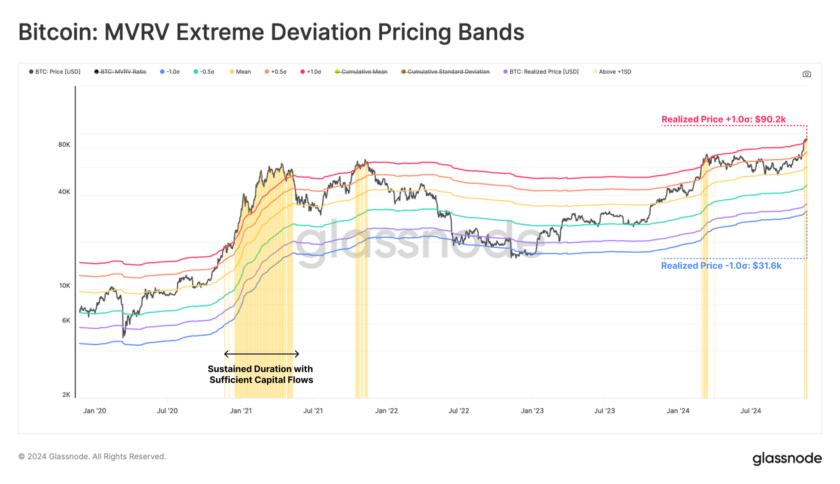- The U.S. stock market slightly declined as the International Monetary Fund (IMF) released a statement.
- The IMF hinted policymakers may not be accurately assessing economic data after the pandemic.
- With a drop in consumer spending, exports, and business productivity, policymakers have lots of data to process.
The U.S. stock market is probably not accurately pricing in the consequences of the pandemic. The International Monetary Fund (IMF) has warned assessing economic data is becoming challenging due to disruptions in key statistics.
The U.S. stock market slightly declined by 0.58% on May 28, and pre-market trading indicates a minor drop at the market open.
Is the Federal Reserve and the Stock Market Considering the Right Data?
Since May 13, within a 16-day span, the U.S. stock market soared by 9.26%.
The hype around reopening the U.S. economy and the Federal Reserve’s fiscal policies led a retail boom around stocks.
In the first quarter of 2020 alone, Charles Schawb, TD Ameritrade, and ETrade all recorded 1.5 million new accounts, while Robinhood saw 3 million registrations.
But, are retail investors correctly assessing economic data coming off of the worst pandemic since the Spanish Flu in 1918?
In a blog post, the IMF warned that the disruptions in crucial economic figures are so dire that even policymakers may struggle to observe them throughout 2020.
The IMF said:
Accurate and timely economic data are crucial for informing policy decisions, especially during a crisis. But the COVID-19 pandemic has disrupted the production of many key statistics. Without reliable data, policymakers cannot assess how badly the pandemic is hurting people and the economy, nor can they properly monitor the recovery.
The organization emphasized that researchers need to employ new methods of analyzing data to keep track of major changes of economic trends in the coming months.
The U.S. stock market fell steeply in March because of the uncertainty surrounding the outbreak. Investors did not know how badly the economy would be affected at the time.
Two months later, some new pieces of data are starting to emerge. Consumers are spending less, there is consistent interference in supply chains worldwide, and exports are declining in key regions in Asia.
The IMF clarified the need for more improvements in evaluating statistics across various sectors so that central banks can understand whether existing policies are enough to combat the crisis.
An excerpt from the blog added:
The significant data disruptions due to the COVID-19 pandemic require innovative data collection methods and data sources. More accurate and real-time information will help countries continue to respond more effectively to the crisis and start planning for the recovery.
The Fed, the European Central Bank (ECB), and the Bank of Japan led multi-trillion dollar stimulus packages to boost their respective economies.
Yet, with the IMF suggesting a lack of tools to comprehend economic data at hand, whether the hyper-aggressive stance from the three central banks was appropriate is still unclear.
Let’s See How Stocks React in the Coming Months
After two months of declining business sentiment and sorrow regarding the rapidly expanding pandemic, the U.S. stock market finally saw some optimistic developments.
American pharmaceutical giants like Pfizer and Moderna making considerable process in making vaccines and the U.S. pushing to reopen the economies of most states by June fueled positively around the stock market.
The real test of the resilience of the equities market is in June, as the market approaches the third quarter of 2020. For now, the market is seemingly becoming more patient.
This article was edited by Samburaj Das.




